On September 16, the US Court of Appeals for the District of Columbia held a hearing to hear arguments from TikTok, its parent company ByteDance, a group of users and the US Department of Justice, regarding the lawsuit to protest the government's ban, according to AFP.
Controversy over the ban
US President Joe Biden signed a new law in April, giving ByteDance (headquartered in China) until January 19, 2025 to divest TikTok in the US or the social network will be banned. The leader can extend the deadline by three months if he finds that ByteDance is promoting the sale deal. TikTok is a popular social network with about 170 million users in the US but has long been a concern for lawmakers, who say the platform could leak US users' data to the Chinese government. TikTok and Beijing have dismissed these concerns.
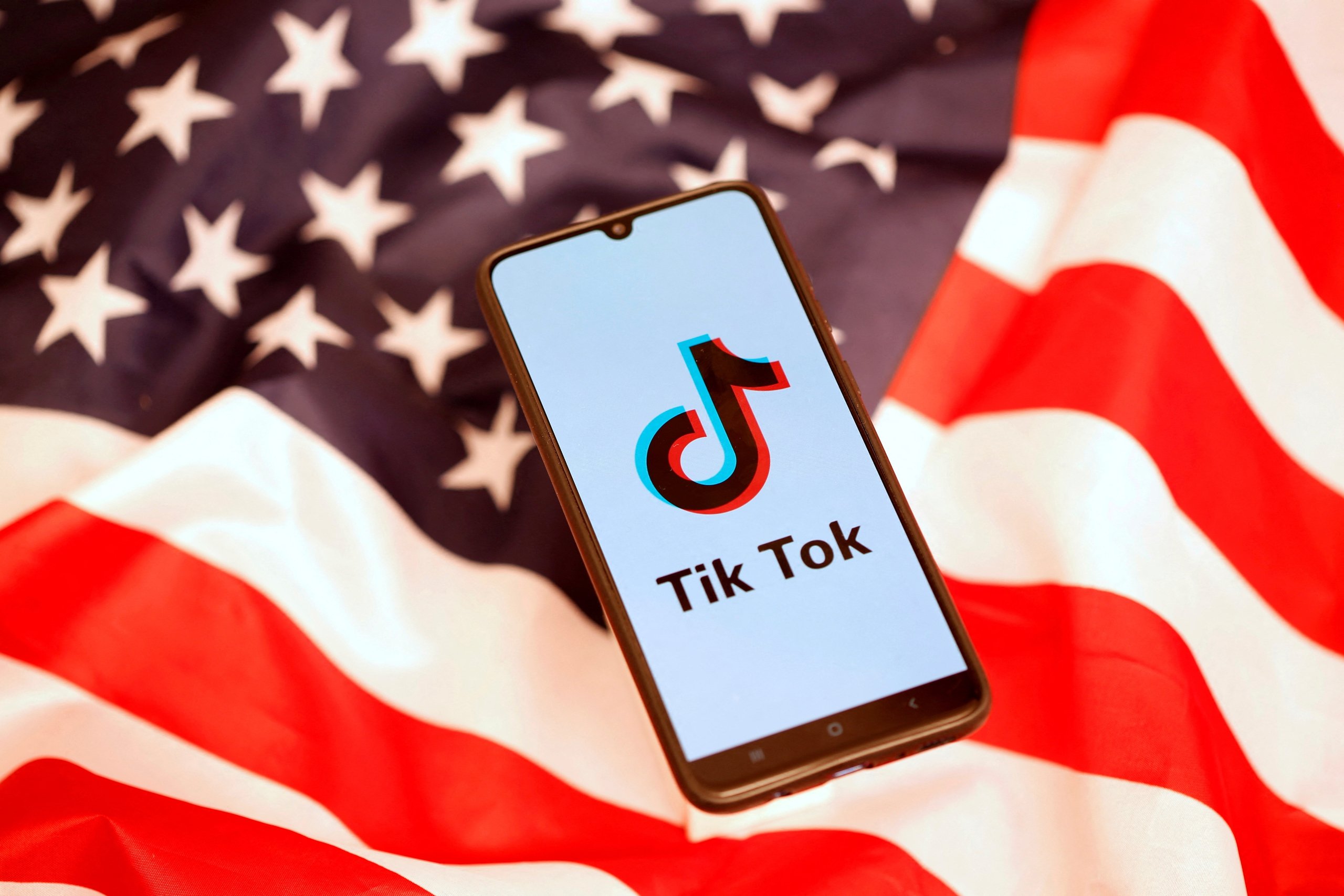
TikTok social network logo
According to Reuters, ByteDance and TikTok argue that divestment is technologically, commercially and legally infeasible. The company argues that if the court does not issue an injunction, TikTok will be subject to an unprecedented ban early next year, “silencing those who use the platform to communicate in a way that cannot be replicated elsewhere.” The plaintiffs claim that the US government’s ban is unconstitutional and violates free speech. In response, the US government argues that the law signed by President Biden addresses national security concerns and that ByteDance cannot claim free speech rights as guaranteed by the First Amendment of the US Constitution.
The potential ban is likely to provoke a strong response from the Chinese government and further strain its relationship with the U.S. Opponents say it would disrupt the marketing and retail industries and the livelihoods of content creators, who sued the government in May. The White House has insisted that the measure is aimed at ending Chinese ownership of TikTok for security reasons, not at removing TikTok from the U.S.
US sues TikTok for collecting children's personal information
Unpredictable ending
Despite signing the law, President Biden's campaign, now suspended, and his running mate, Vice President Kamala Harris, have used TikTok to target young voters. Harris's rival, former President Donald Trump, proposed banning TikTok while in office but has now come out against the ban. The former president said young people "would go crazy" without TikTok and that the ban would benefit Facebook, which he described as "the enemy of the people." US media reported that Trump reversed his stance on TikTok after a meeting with billionaire Jeff Yass, a major Republican donor and TikTok shareholder.
Regardless of the ruling, the case will likely go to the US Supreme Court. TikTok and the US Department of Justice have asked the appeals court to decide by December 6, giving the Supreme Court time to consider the case before the ban takes effect. Legal experts say most of the US government’s arguments regarding national security concerns in the case are not public, making it difficult to predict the court’s decision. However, they believe the US Supreme Court is unlikely to place greater importance on national security concerns than on protecting free speech.
Source: https://thanhnien.vn/tiktok-cho-ngay-phan-quyet-tai-my-185240916220057026.htm







![[Photo] Visiting Cu Chi Tunnels - a heroic underground feat](https://vstatic.vietnam.vn/vietnam/resource/IMAGE/2025/4/8/06cb489403514b878768dd7262daba0b)
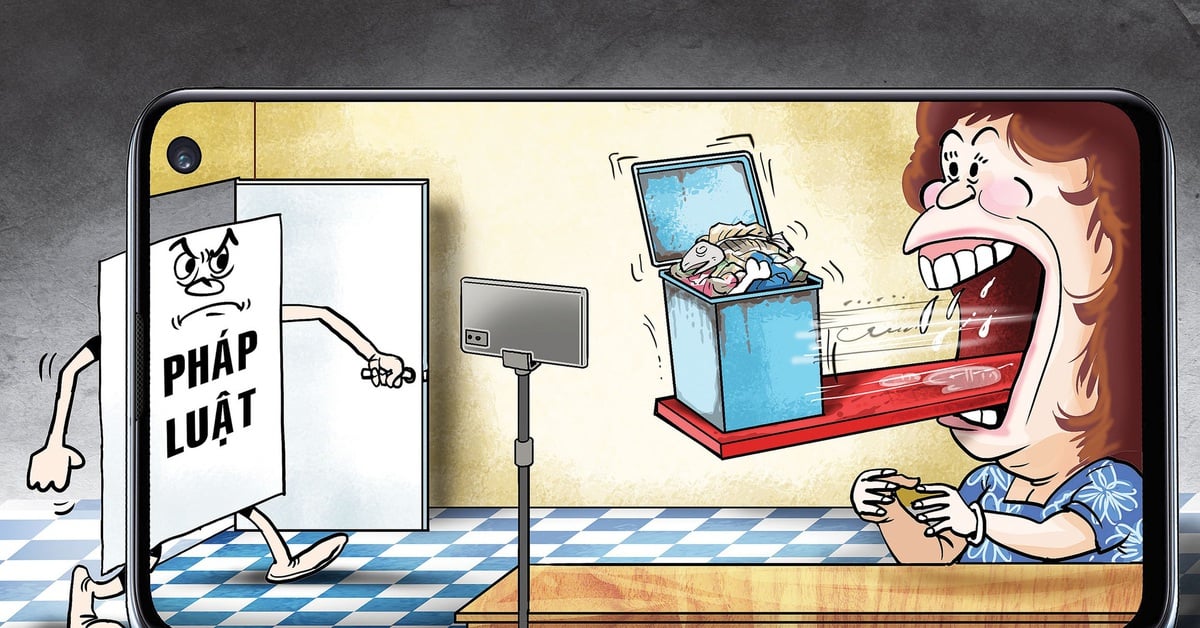

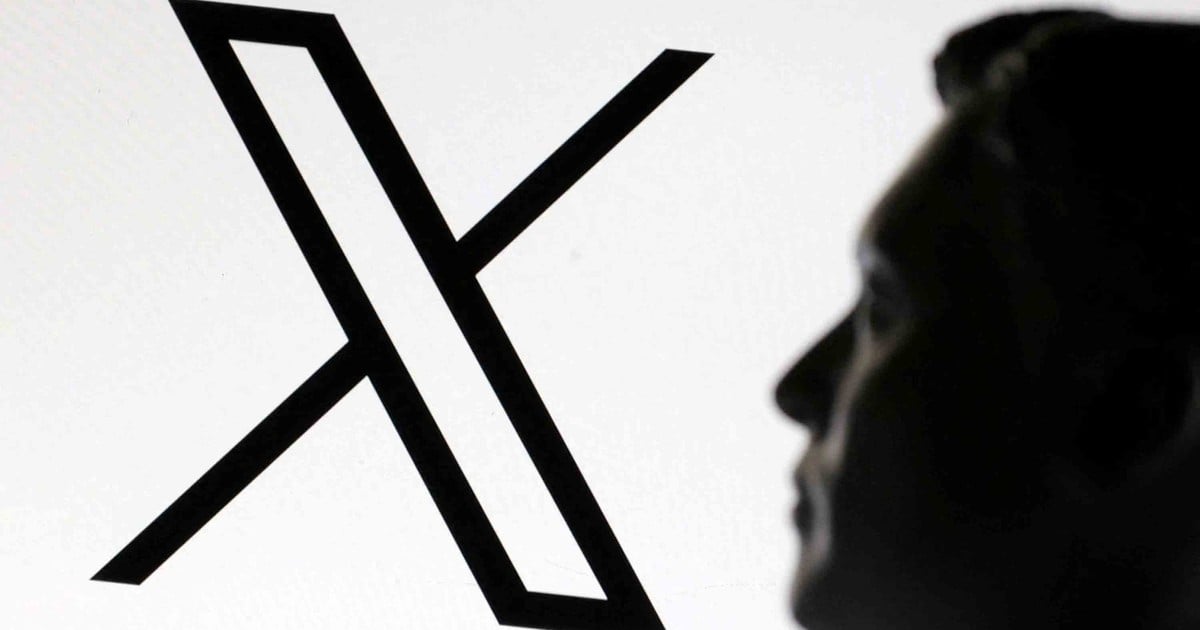
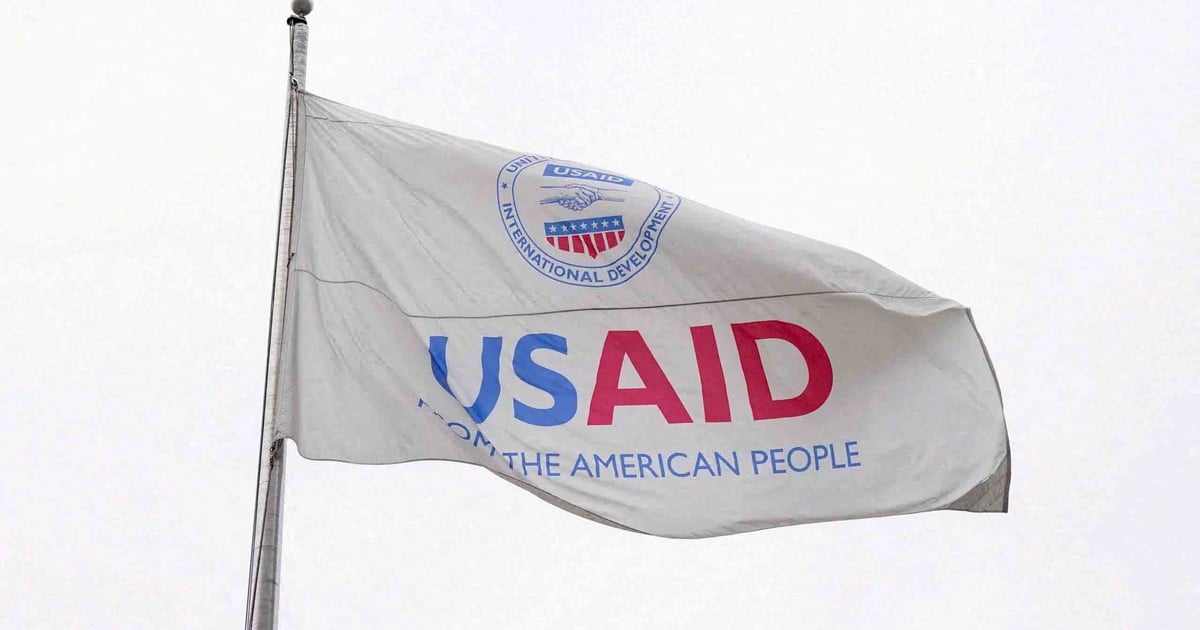

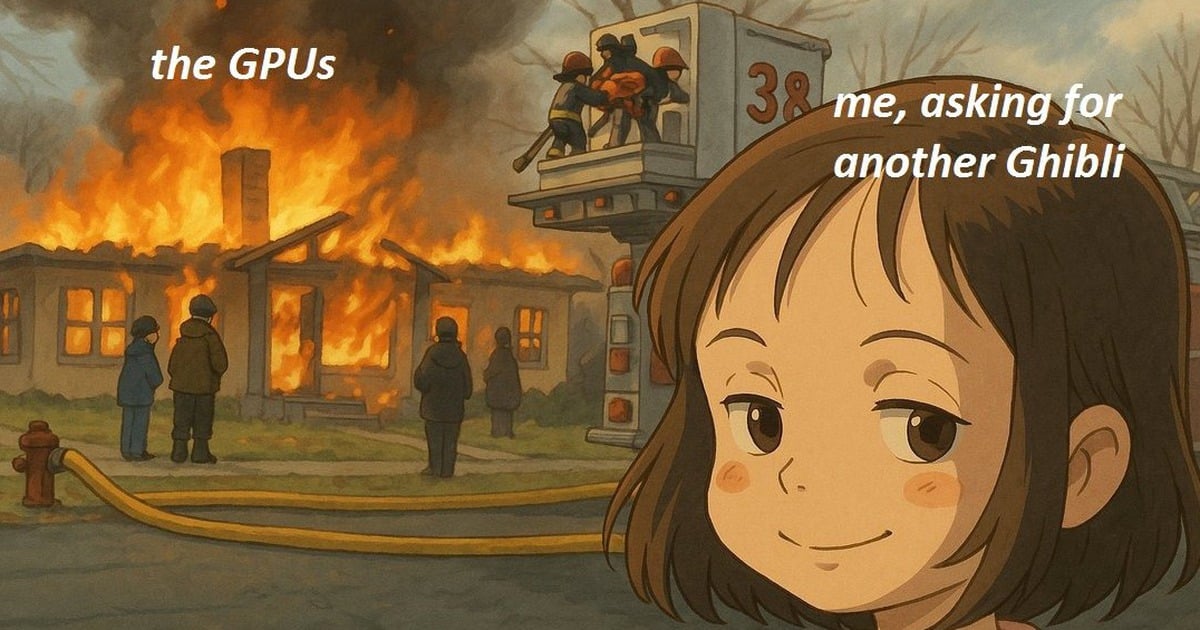
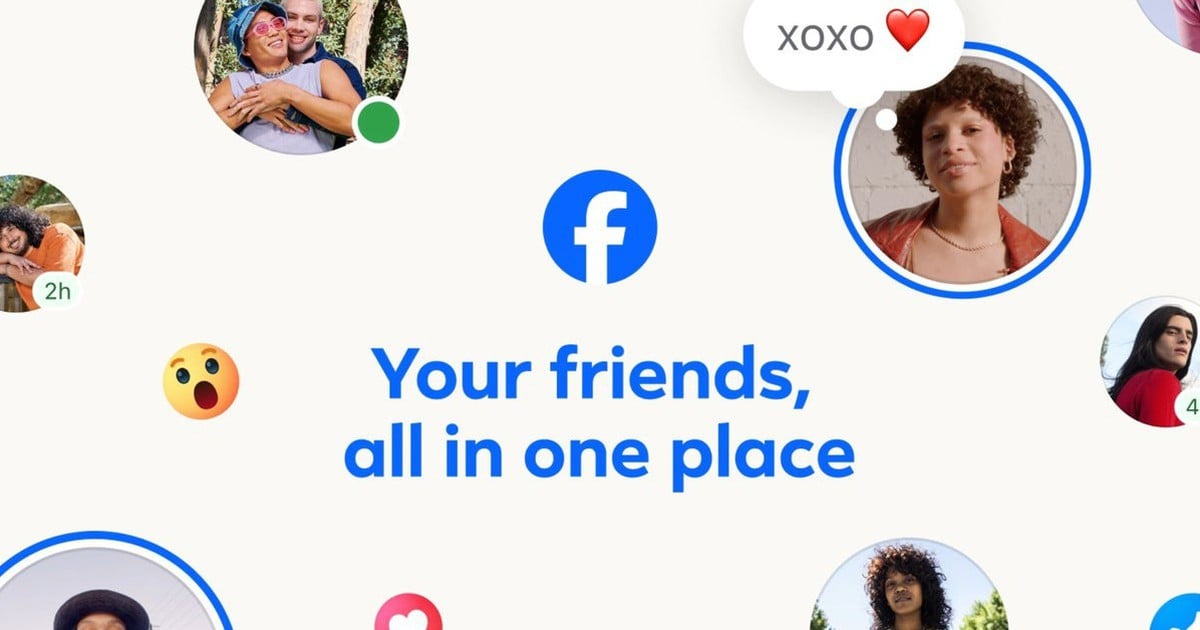
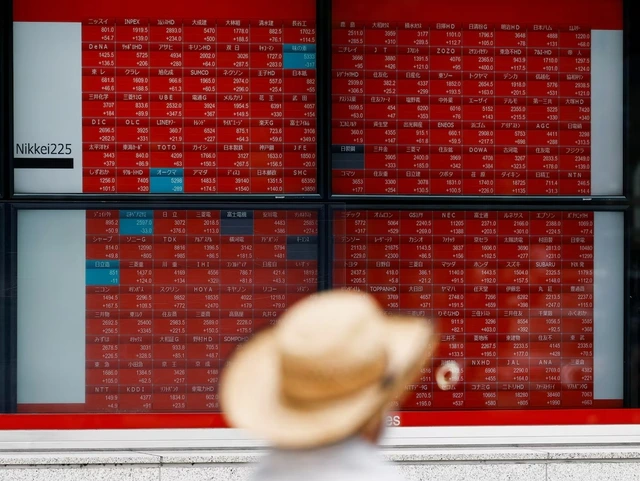
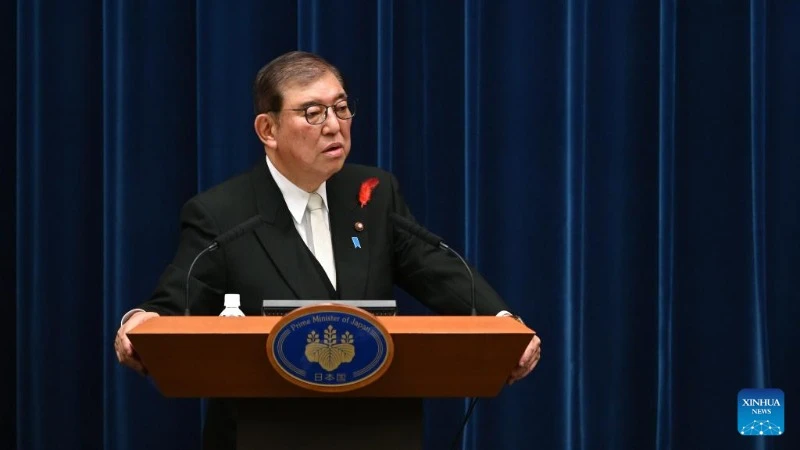

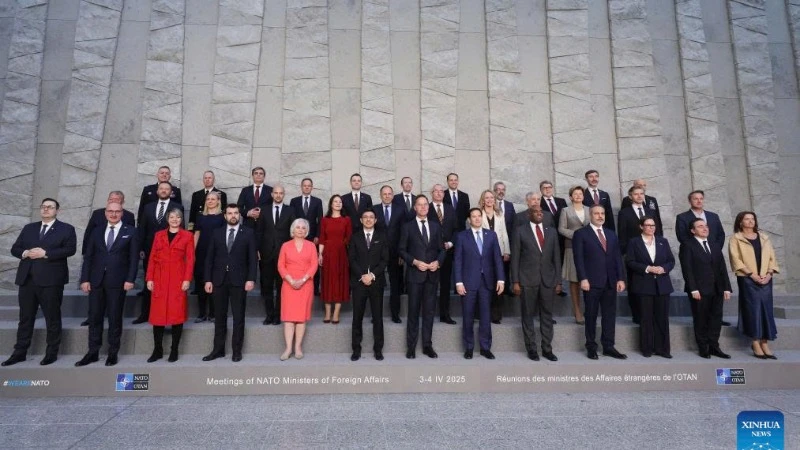
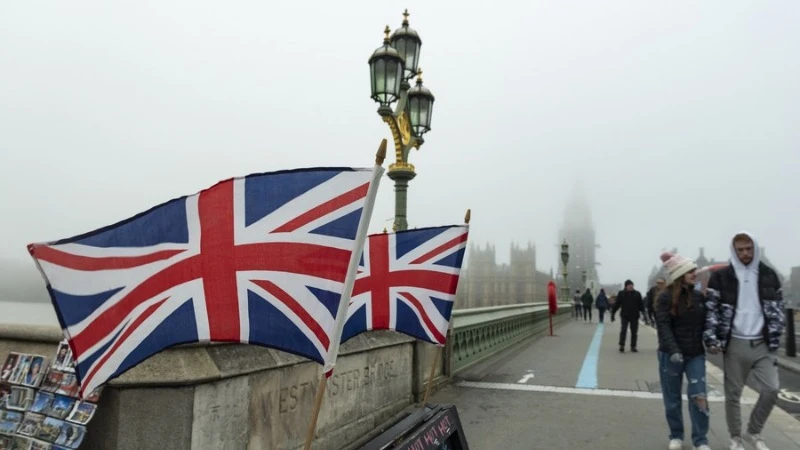



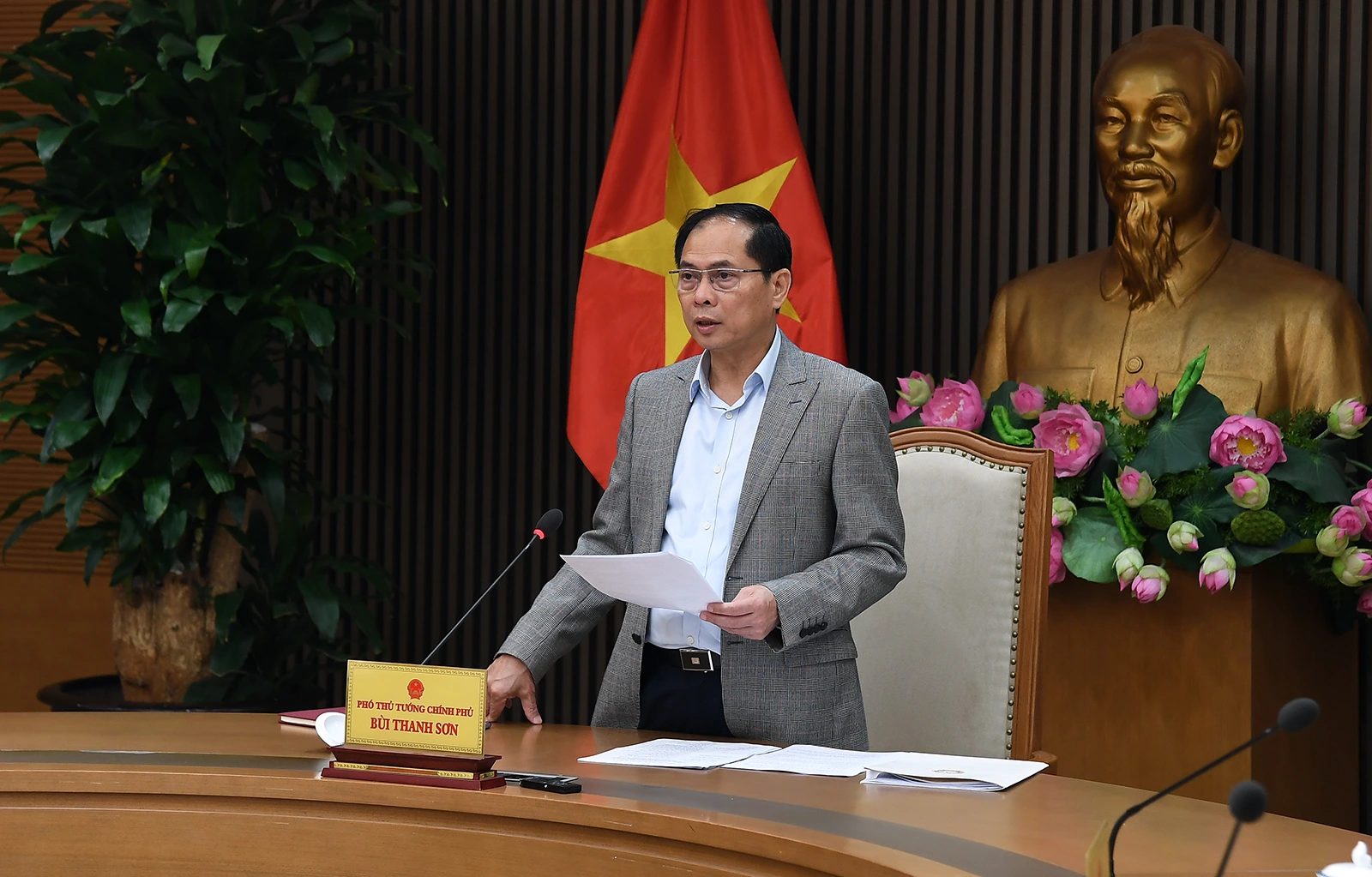
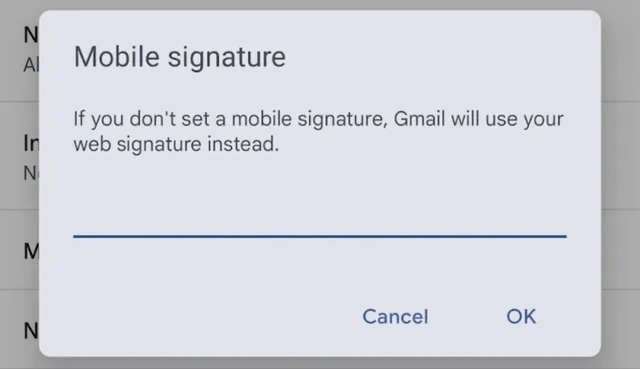






















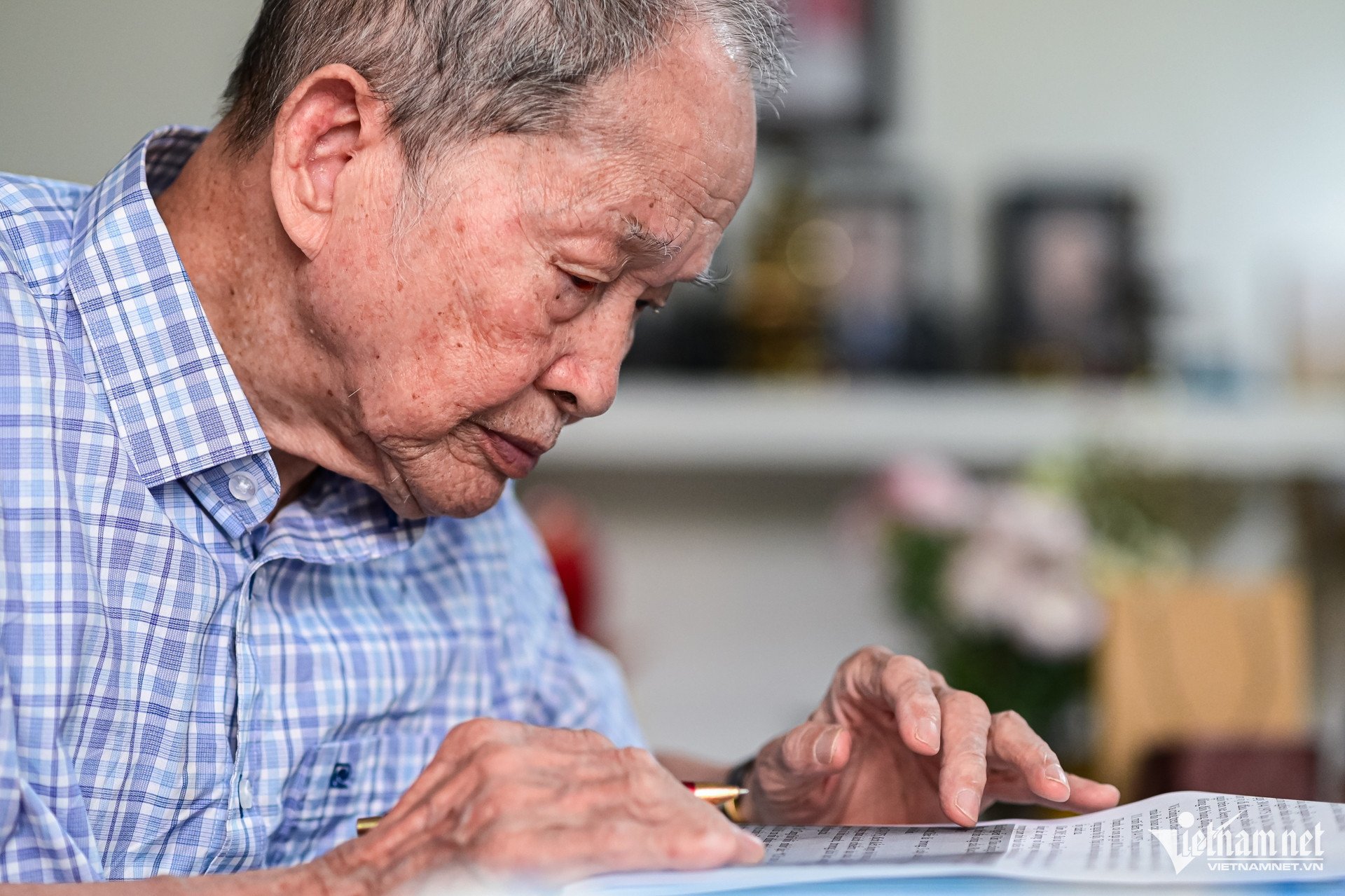










![[Photo] National Assembly Chairman successfully concludes official visit to Uzbekistan](https://vstatic.vietnam.vn/vietnam/resource/IMAGE/2025/4/9/8a520935176a424b87ce28aedcab6ee9)
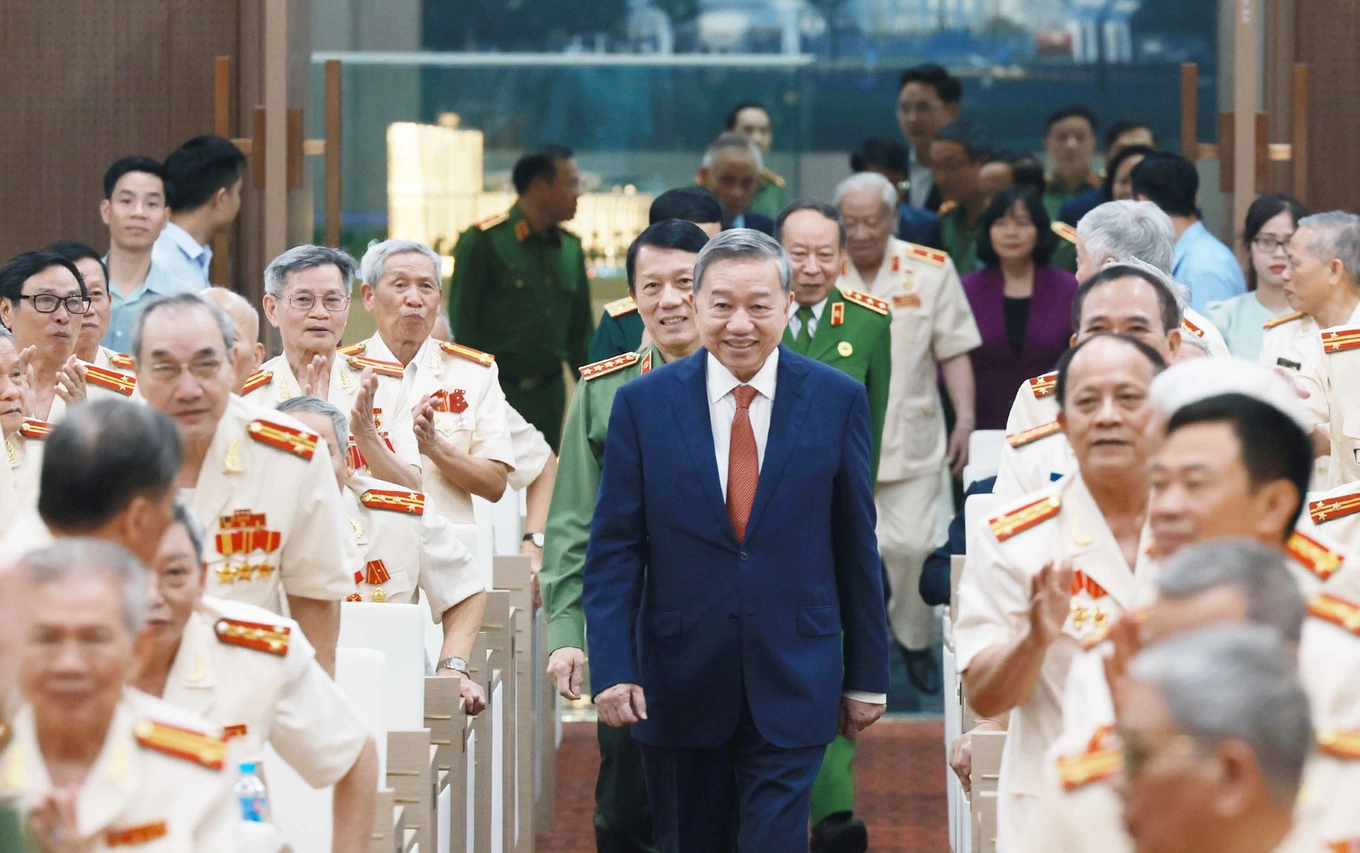












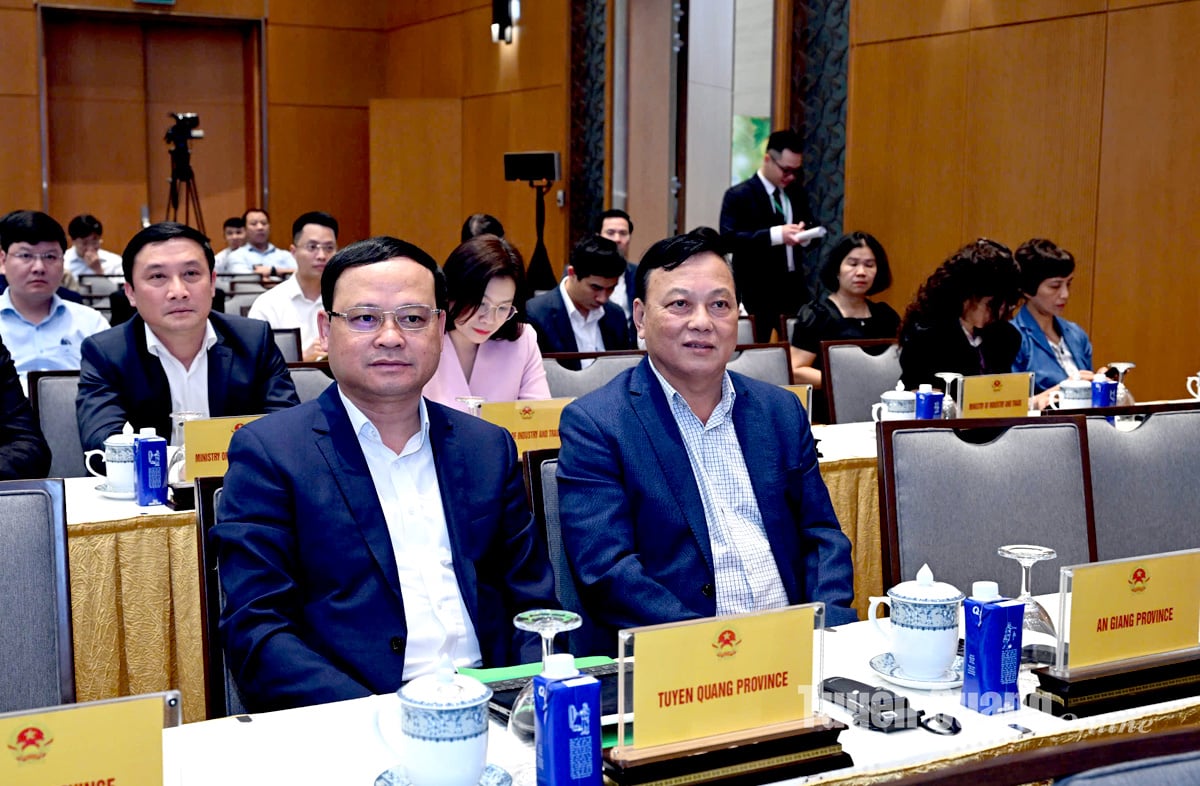

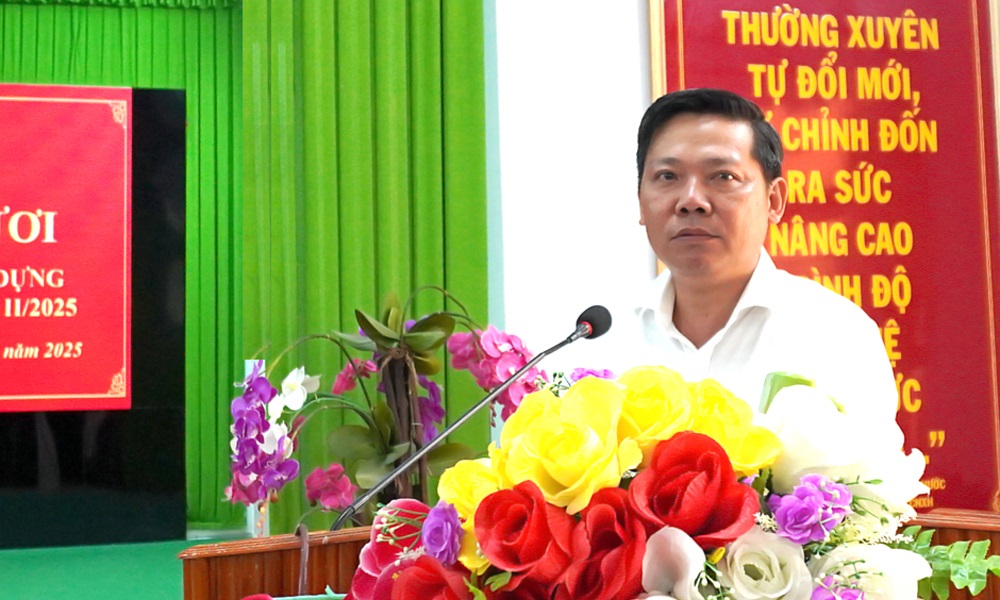
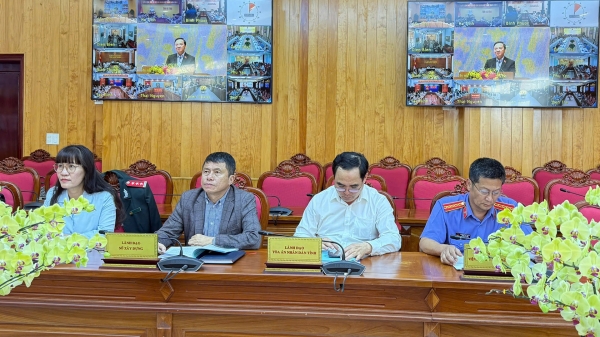
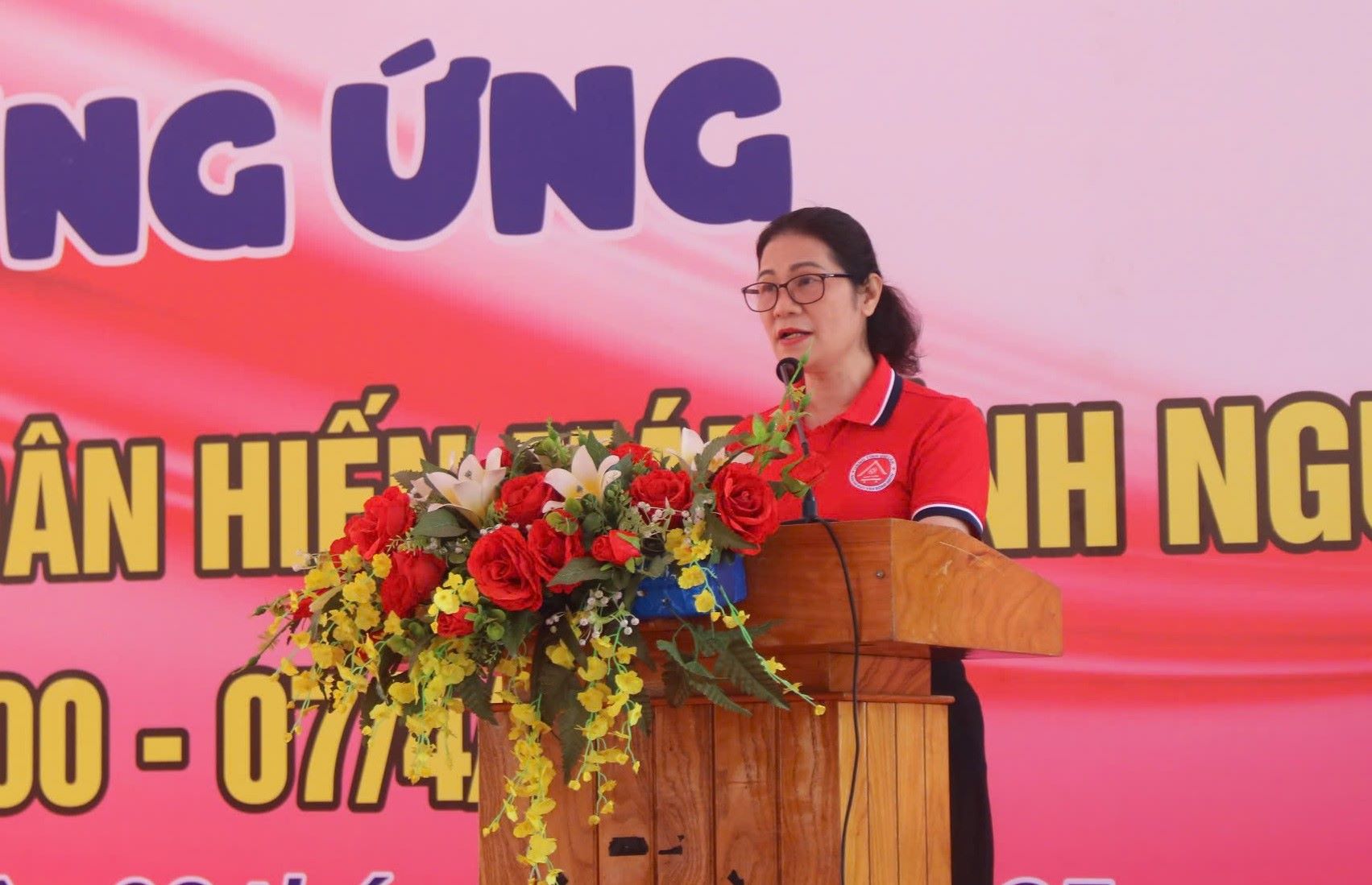








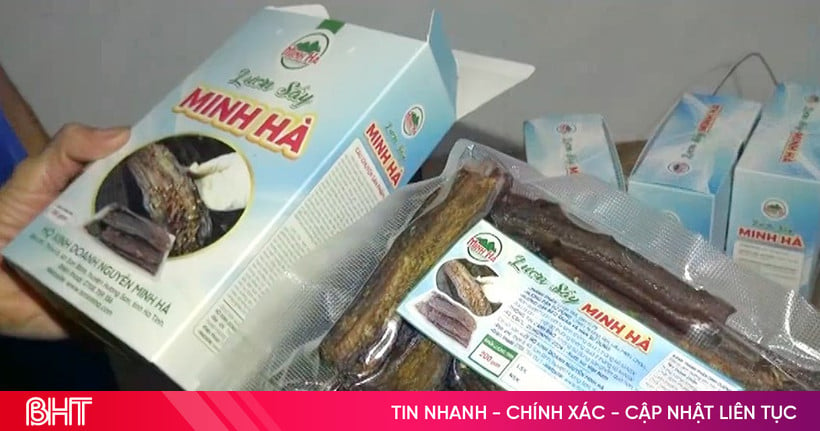

Comment (0)